Work-based Learning in Health and Social Care: in Relationship Centred Care
A work based action learning programme:
The courses are designed to help all staff and managers at all levels of organisation acquire the unique blend of knowledge, skills and behaviours that enable people using services to experience good care and support, family and friends to have confidence in the quality of care, and staff to find the work fulfilling and support managers to lead a person centred care setting in transformational ways. The adult learning methods are well suited to on-the-job staff development at all levels of practice, management and leadership
The cost of delivering any of the courses below is £350 for a half day or £600 for a full day, plus travel costs for up to 16 participants. These can be delivered in your facility, please contact us to discuss bespoke arrangements.
This refreshing new course provides a new way of learning the skills with the help of an occupational therapist and coach.
Lead staff and their teams can begin to use reablement techniques that help people maximise their independence. Care and support practices become more effective from both the standpoint of outcomes for the person and using staff resources.
Managers can use the action planning tool to lead their teams through change and track quality improvement as a method of achieving.
Managers will be able to use the Action Planning tool as a continuous quality improvement through review and decision making for further actions.
Staff learn to involve the person and relatives and the person benefits from improvements that they have helped design.
Staff and managers gain insights into the value of undertaking quality improvement initiatives – More effective care and support for the Person, increased satisfaction with the service, fewer concerns and complaints, enhanced reputation of the provider organisation, better recruitment and retention of quality leaders and staff.
Staff are able to work alongside people living with dementia rather than ‘doing things for them’. The person feels understood and involved in what happens to them. Family members feel confident in the quality of care and the organisation’s reputation as a good provider is enhanced.
Managers and those in leadership roles are able to provide the support staff need to fulfil their responsibilities to the Person and their relatives in person centred ways. Staff are motivated and feel valued. Managers are more effective in achieving their objectives, sickness levels reduce, recruitment and retention improve, efficiency savings accrue.
Managers and staff can work co-operatively with the Person’s relatives and support them in fulfilling their visiting roles in the ways both they and the Person wish. Staff are able to work through concerns with the person’s relatives in positive ways building their trust and confidence in the Home.
Staff can identify factors that promote or inhibit positive relationships and person centred support in meeting the measures of good care and community that relatives use to judge the quality of the resident’s care (360 Standard Framework Outcome Standards for Relatives).
Staff gain insights into language, cultural and inter-generational differences that promote or inhibit positive relationships and person centred care in health and social care settings from the standpoint of older people.
Benefits:
Managers and staff can promote and achieve positive relationships and person centred ways of working with the person in providing their care and support and resolving their concerns and complaints. They know how to include the person’s relatives appropriately. They can access guidelines on best practice from valid sources to shape the care and support they give.
Managers and staff can enable individuals and groups to develop and use best practice in providing care and support to the person, their relatives and fellow colleagues. The can work positively with people to overcome barriers to learning and using new skills.
Staff learn communication skills that build positive relationships between and among the Person, their relatives and the staff – the necessary basis for person centred care.


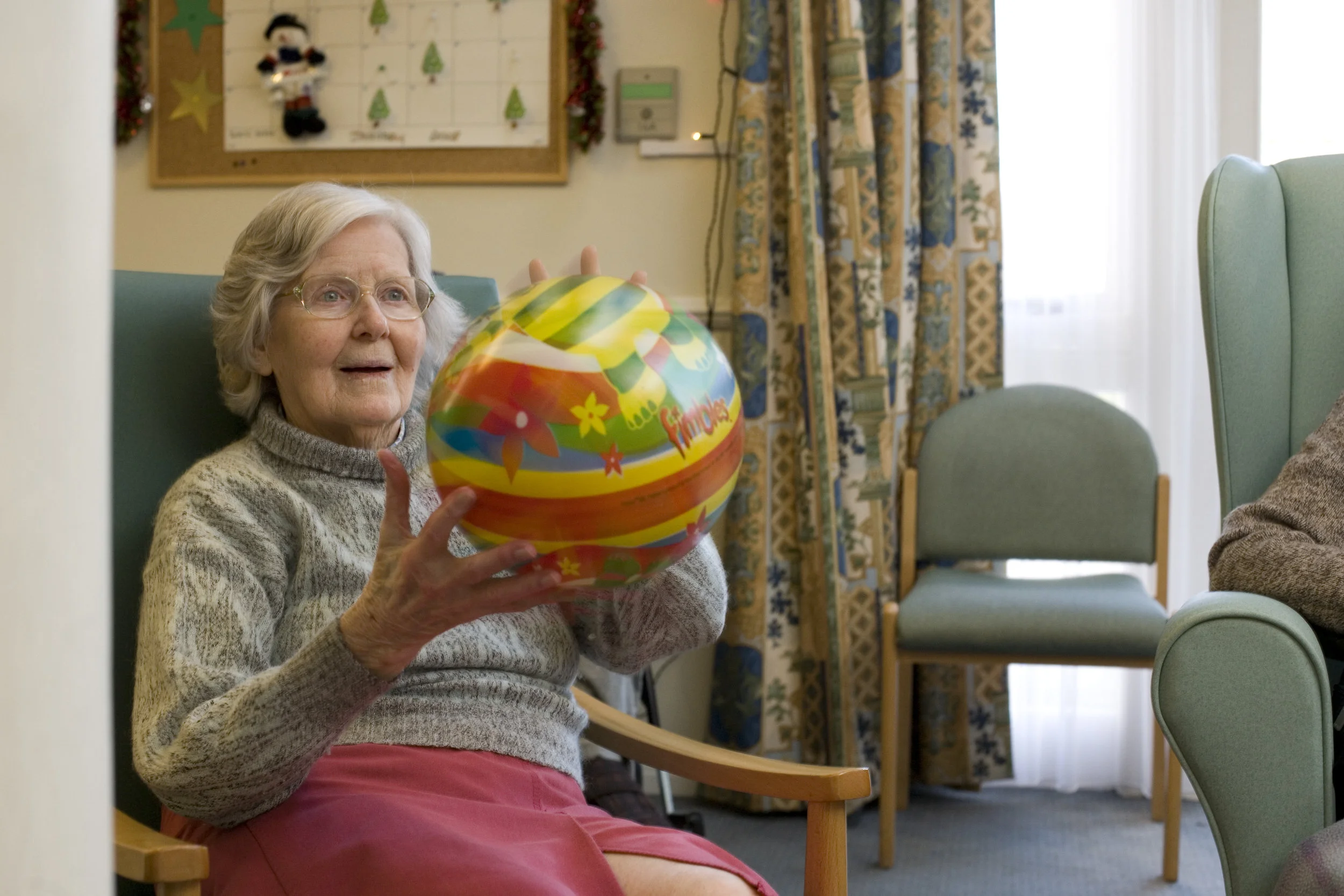
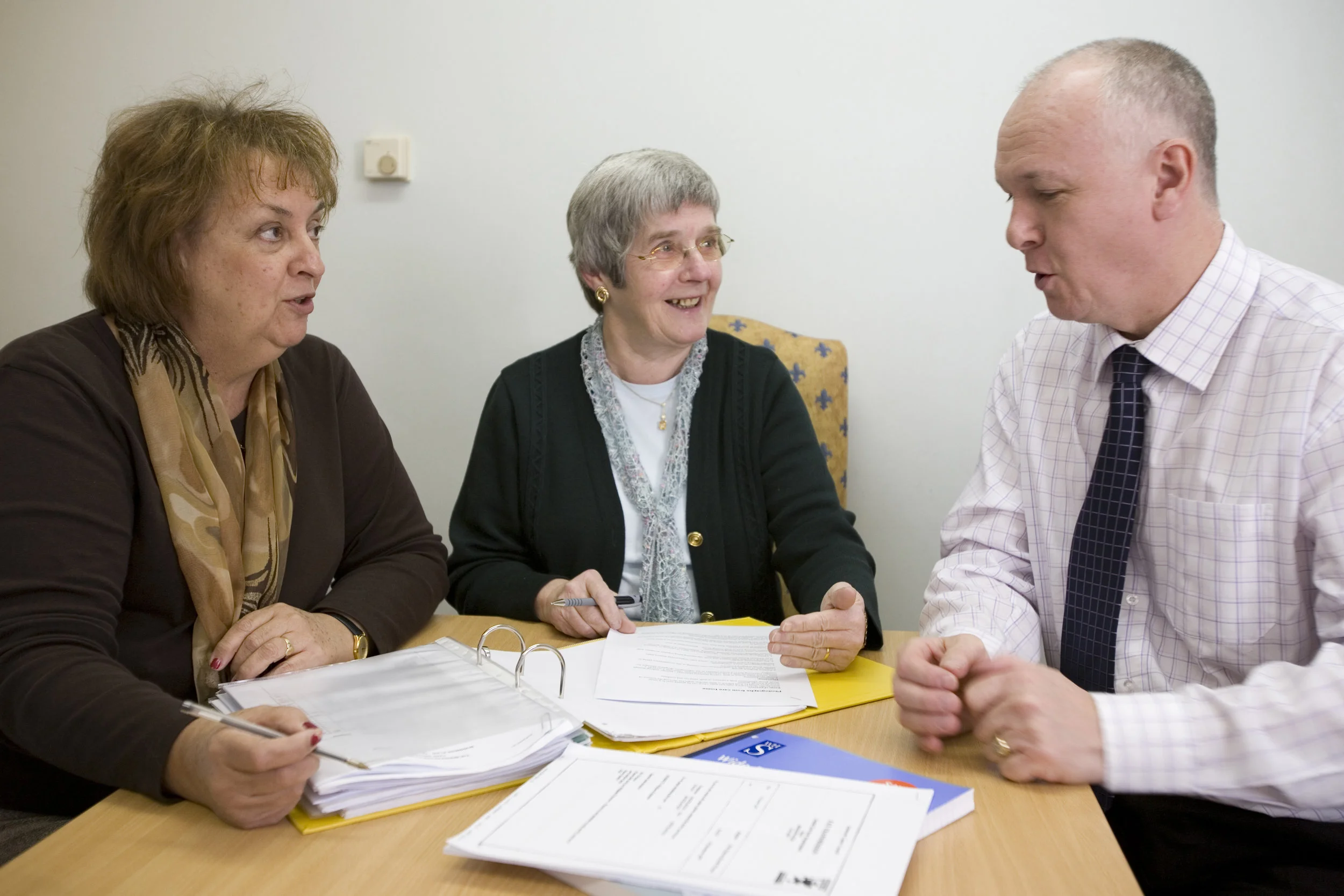
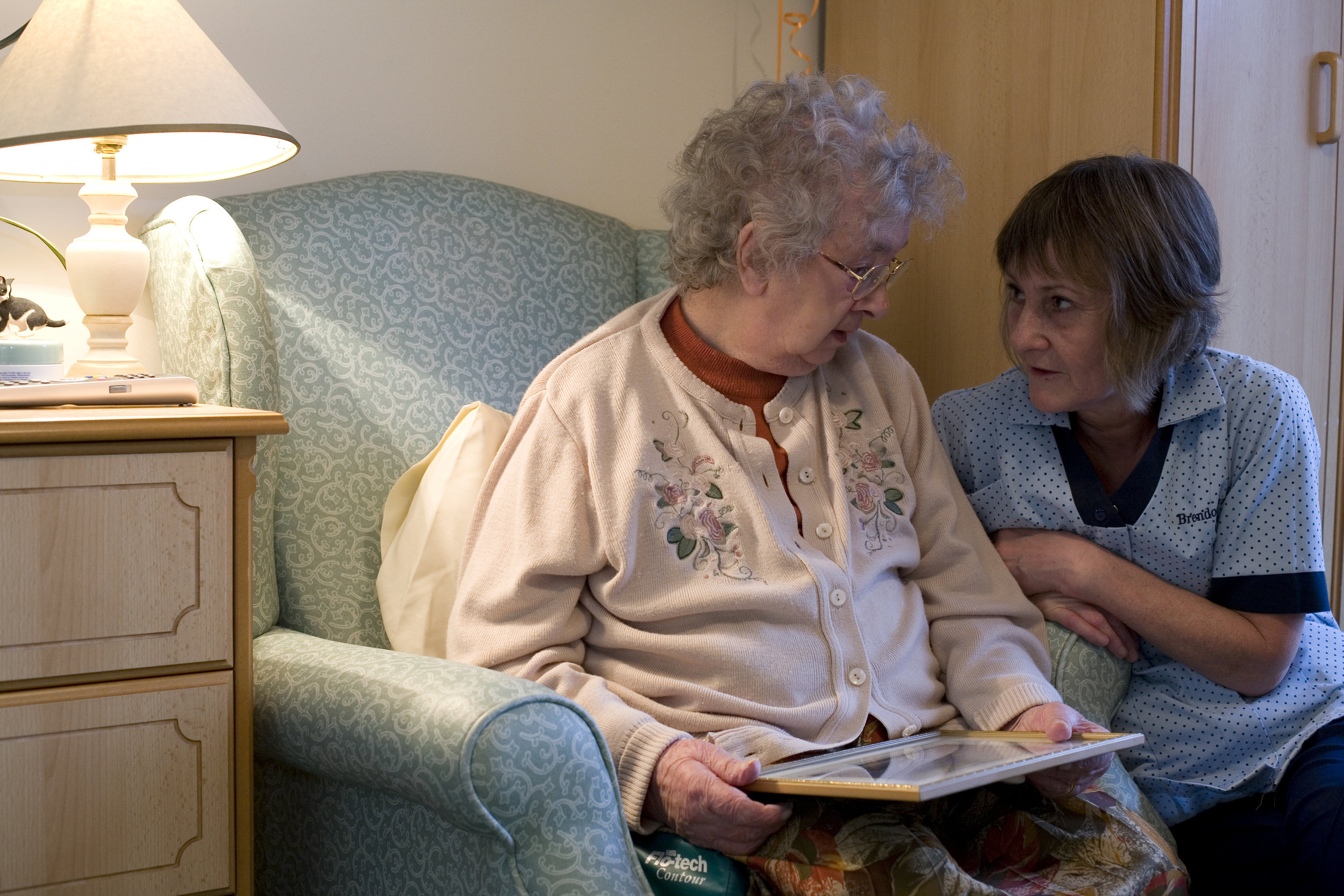



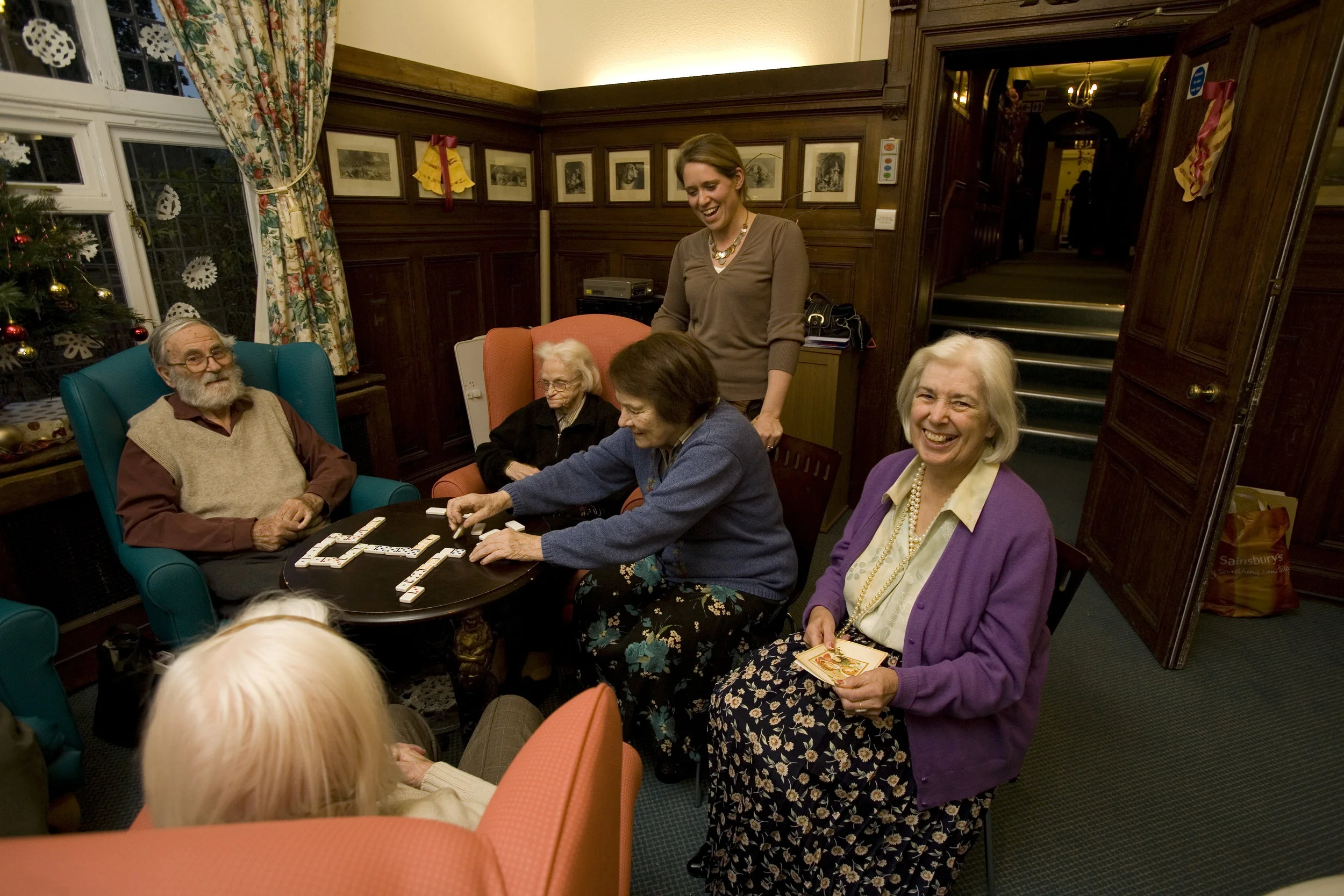
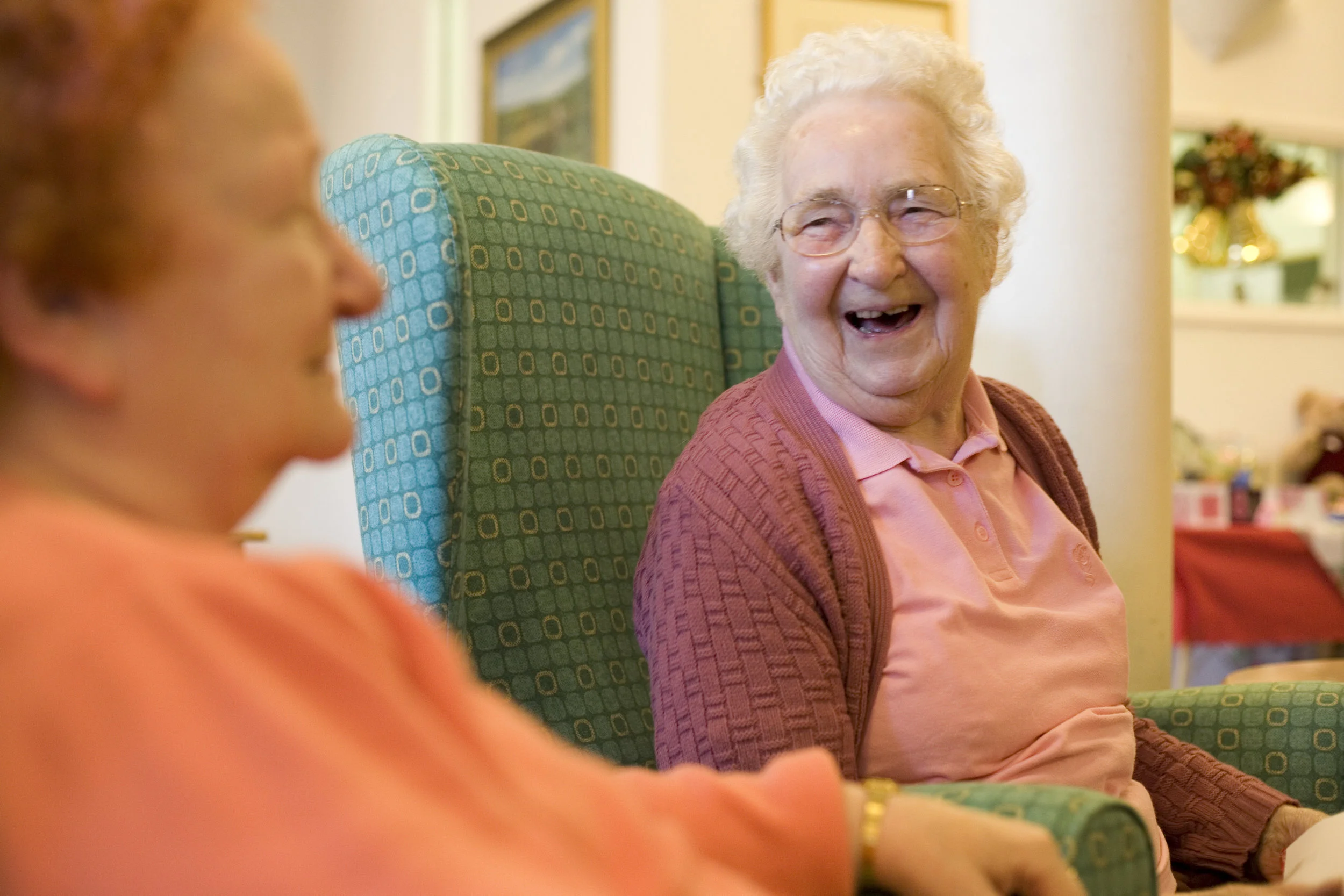
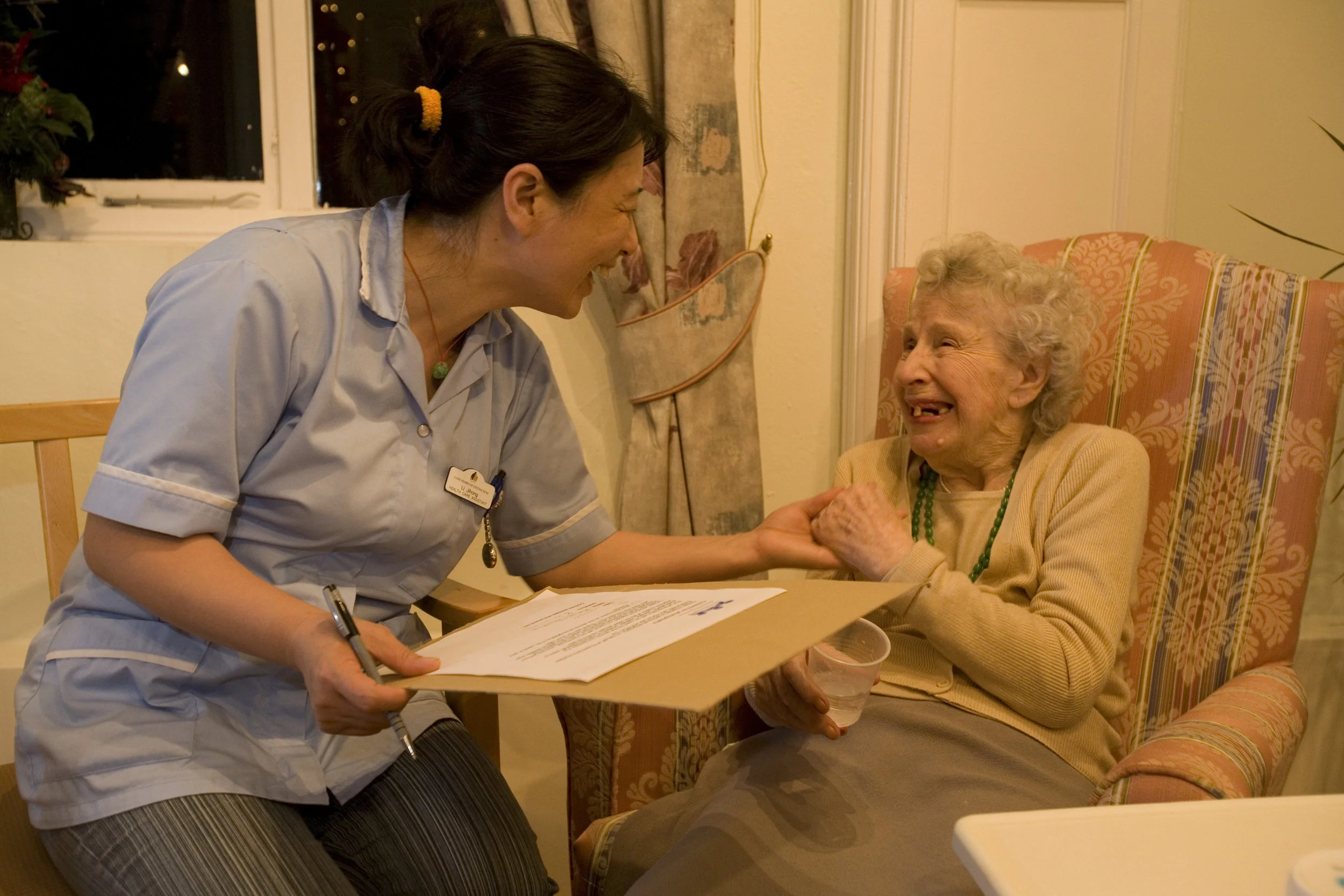

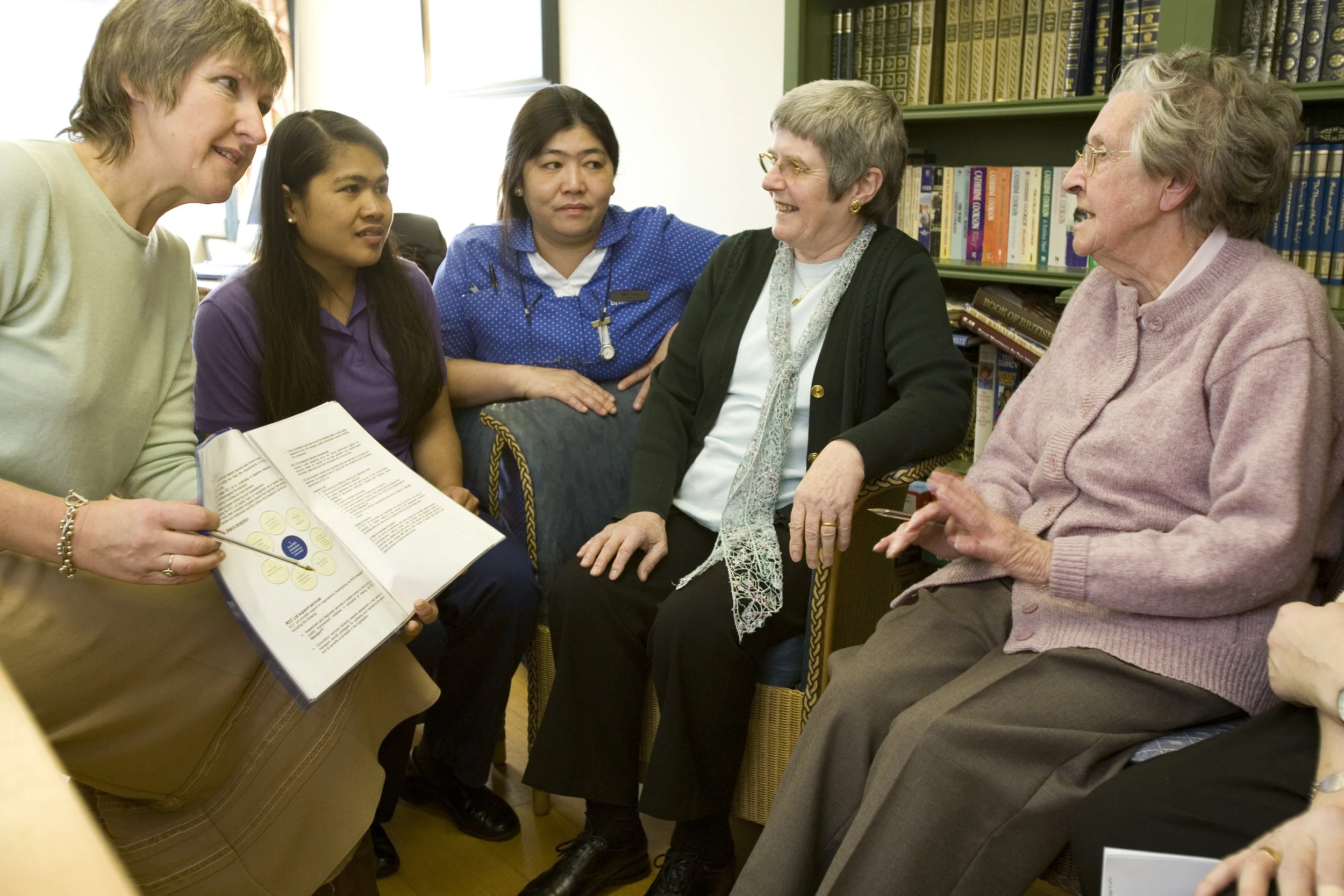

Our 2-day fast track programme, Validating Me: Therapeutic Dementia Practitioner develops qualities and skills necessary for a therapeutic relationship with people experiencing dementia, using a person-centred validation process, enabling them to have the conversations that matter. This approach is an emotional model of care.